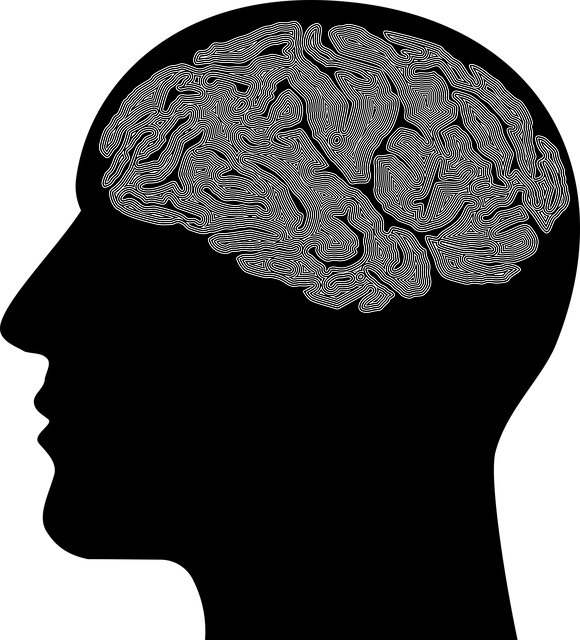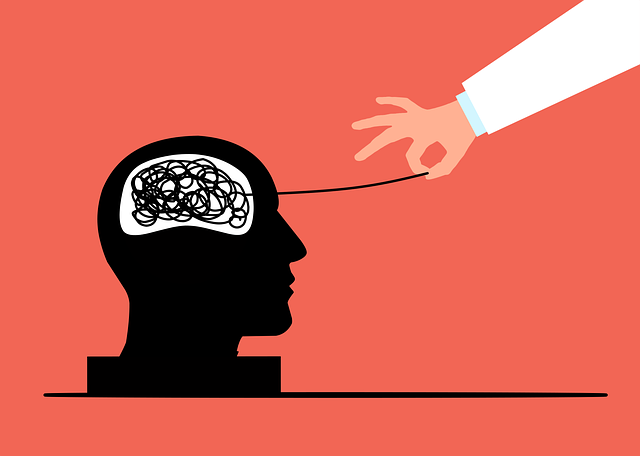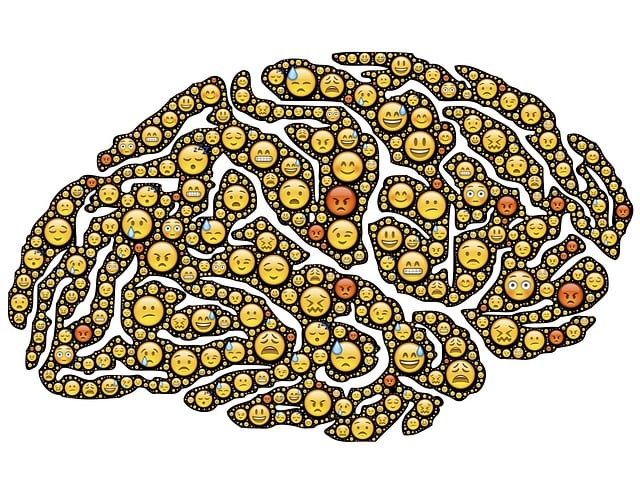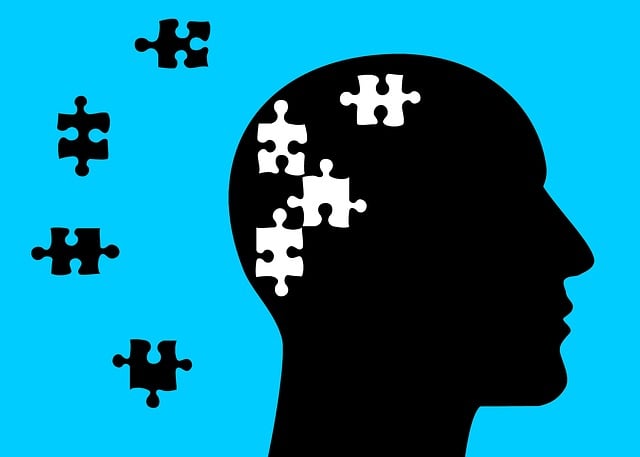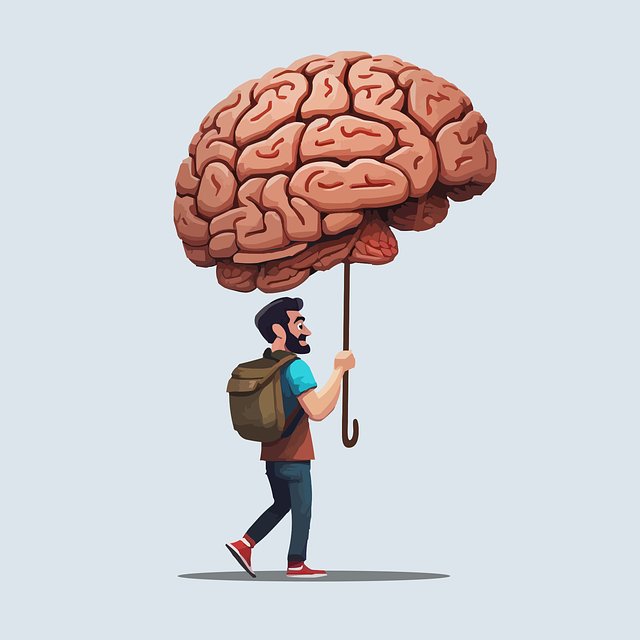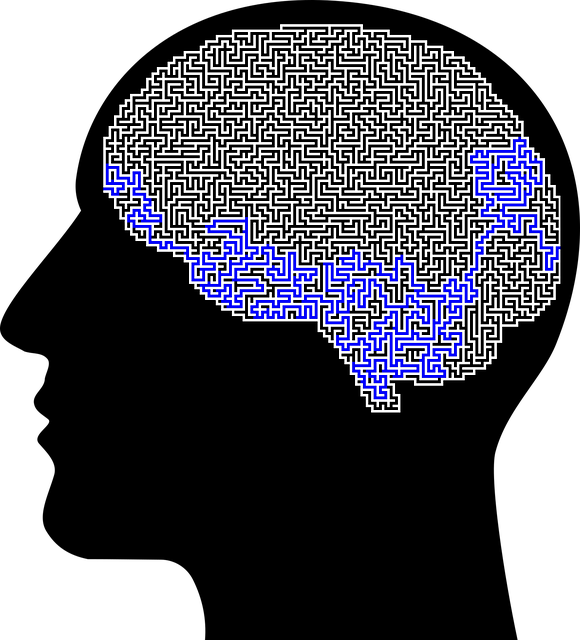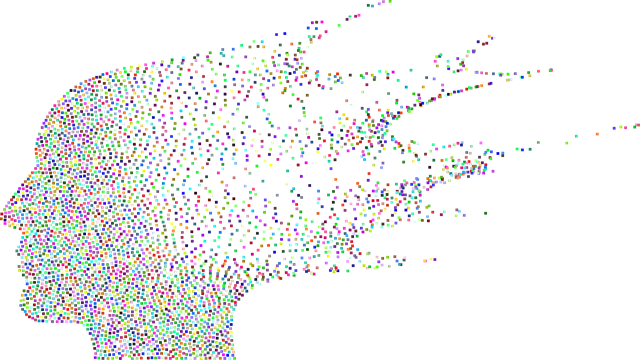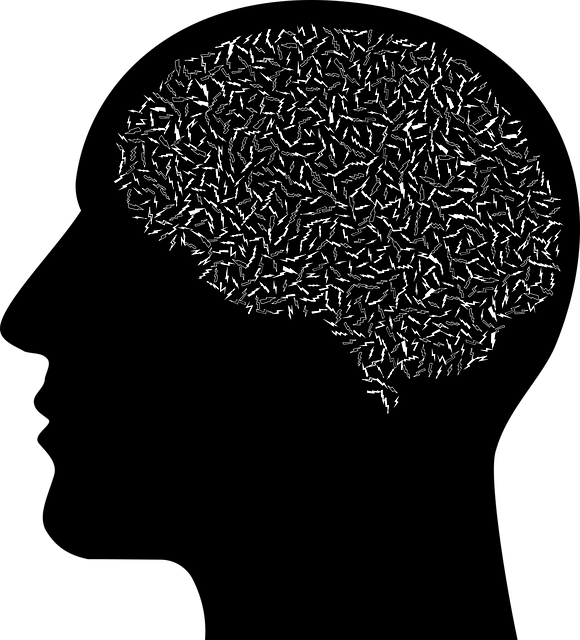Westminster Christian Counseling Therapy (WCCT) emphasizes cultural competency in healthcare as a key to equitable mental health services, especially for underrepresented groups. Their specialized training programs equip professionals with skills to navigate cross-cultural communication, bias recognition, and inclusive practices, fostering environments where diverse patients feel respected and supported. WCCT's dynamic workshops, case studies, and peer discussions focus on developing culturally sensitive care through tailored strategies for mental wellness coaching. Measuring success involves participant feedback, client satisfaction, and improvements in clinical practices, highlighting the program's tangible benefits and positive impact on healthcare providers' well-being.
Healthcare provider cultural competency training is an essential aspect of modern medical practice, addressing diverse patient populations and their unique needs. This article explores the significance of cultural competency in healthcare, highlighting the role of organizations like Westminster Christian Counseling Therapy in fostering sensitivity to cultural differences. We discuss barriers and biases within clinical settings, provide strategies for designing effective training programs, and offer methods to measure the success and impact of such initiatives.
- Understanding Cultural Competency in Healthcare: A Necessity in Modern Practice
- The Role of Westminster Christian Counseling Therapy in Fostering Cultural Sensitivity
- Identifying Barriers and Biases: Unconscious Premises in Clinical Settings
- Designing Effective Training Programs: Strategies for Continuous Improvement
- Measuring Success and Impact: Assessing the Efficacy of Cultural Competency Training
Understanding Cultural Competency in Healthcare: A Necessity in Modern Practice

In today’s diverse healthcare landscape, cultural competency is no longer an optional skill for providers; it’s a necessity. This concept, as highlighted by Westminster Christian Counseling Therapy, involves understanding and appreciating the cultural backgrounds, beliefs, and values of patients, especially those from underrepresented or minority groups. Training in this area equips healthcare professionals to deliver more personalized, effective care, fostering a safe and inclusive environment for all individuals.
Cultural competency goes beyond basic awareness; it’s about incorporating diverse perspectives into clinical practice. This includes recognizing the impact of cultural factors on health behaviors, communication styles, and treatment preferences. By embracing this approach, mental health professionals can better support patients in managing their mood and boosting confidence, as evidenced by various studies under Mental Health Policy Analysis and Advocacy. Ultimately, it ensures equitable access to care and strengthens the patient-provider relationship.
The Role of Westminster Christian Counseling Therapy in Fostering Cultural Sensitivity

Westminster Christian Counseling Therapy (WCCT) plays a pivotal role in fostering cultural sensitivity within the healthcare sphere. By offering specialized training programs, WCCT equips mental health professionals with the knowledge and skills to navigate diverse cultural landscapes effectively. These sessions delve into critical topics such as understanding cross-cultural communication, recognizing unconscious biases, and promoting inclusive practices. Through interactive workshops and real-world case studies, participants learn to enhance their Mental Health Awareness, thereby improving patient care and outcomes.
Moreover, WCCT’s focus extends beyond individual growth. Their training initiatives also emphasize the importance of Risk Management Planning for Mental Health Professionals, ensuring practitioners can manage potential cultural pitfalls safely and professionally. By integrating effective communication strategies tailored to various cultural backgrounds, WCCT enables therapists to build stronger connections with clients, fostering an environment where everyone feels heard and respected.
Identifying Barriers and Biases: Unconscious Premises in Clinical Settings

In clinical settings, addressing unconscious biases is a vital step toward achieving cultural competency. These biases, often rooted in societal premises, can influence healthcare providers’ interactions with diverse patient populations. Unconscious assumptions about race, ethnicity, gender, and other identities may lead to inadvertent discrimination or disparities in care. For instance, a provider might unconsciously associate certain cultural practices with lack of adherence, affecting their interaction with patients from those communities. Recognizing these biases is the first step; Westminster Christian Counseling Therapy (WCCT) emphasizes self-awareness exercises as a tool for professionals to uncover and challenge these unconscious premises.
Inner Strength Development and Resilience Building are crucial components in navigating these challenges. WCCT offers strategies that enable healthcare providers to develop a more nuanced understanding of different cultures, enhancing their ability to provide inclusive care. By engaging in regular Self-Awareness Exercises, professionals can identify personal biases, improve cultural sensitivity, and ultimately create a more welcoming environment for all patients, regardless of their background.
Designing Effective Training Programs: Strategies for Continuous Improvement

Designing effective training programs for cultural competency is a dynamic process that requires continuous evaluation and improvement, especially in the realm of mental health services. At Westminster Christian Counseling Therapy, we understand that addressing cultural nuances is not a one-time event but an ongoing journey. Our approach to training involves a combination of interactive workshops, case studies, and peer discussions to engage participants actively in the learning process.
By incorporating practical strategies tailored to diverse communities, our programs facilitate emotional healing processes and promote understanding. We emphasize the development of mental wellness coaching skills, enabling professionals to provide culturally sensitive care. Regular updates based on emerging research and feedback from practitioners ensure that our training stays relevant, fostering a deeper sense of Mental Health Awareness among healthcare providers.
Measuring Success and Impact: Assessing the Efficacy of Cultural Competency Training

Measuring the success and impact of cultural competency training is a vital step in ensuring its effectiveness and long-lasting benefits. At Westminster Christian Counseling Therapy, we understand that evaluating such programs is crucial to fostering positive change. By assessing the outcomes, we can gauge how well the training has equipped healthcare providers with the skills to navigate diverse cultural contexts sensitively and competently.
This process involves collecting data through various methods, including participant feedback, client satisfaction surveys, and tracking improvements in clinical practices related to cultural sensitivity. For instance, observing reductions in anxiety relief times for clients from different backgrounds or noting increases in self-esteem improvement scores over time can provide tangible evidence of the training’s success. Additionally, measuring burnout prevention efforts among healthcare providers is essential, as it reflects the program’s contribution to their overall well-being and job satisfaction.
Healthcare provider cultural competency training, as demonstrated by the innovative programs at Westminster Christian Counseling Therapy, is not just a modern necessity but an integral part of equitable and effective patient care. By identifying and addressing barriers and biases, designing robust training programs, and measuring their impact, healthcare organizations can foster a more culturally sensitive environment. This, in turn, enhances patient outcomes and strengthens relationships within diverse communities. Continuous improvement through such training is crucial for navigating the complexities of our increasingly interconnected world.

